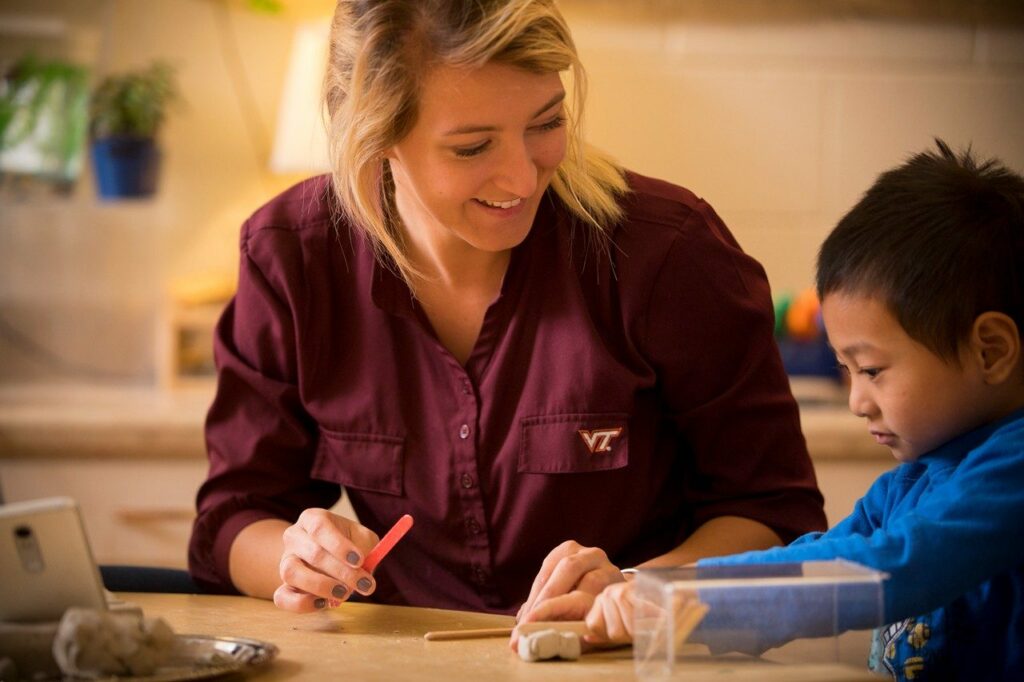Mothers and Children’s Emotions (M&E) The Mother’s and Children’s Emotions (M&E) study is a longitudinal research design with three timepoints, which followed children from toddlerhood, into the preschool period, through school age. Mothers and children came into the lab for a variety of laboratory-based observation tasks. Mothers and their children completed interaction tasks, like freeplay activities, and children’s expression of pleasure, fear, and frustration were also observed. Laboratory tasks also assessed children’s self-regulatory skills. Mothers also completed questionnaires about their own and their children’s behavior. Teachers also completed questionnaires about children’s behaviors at the school-age timepoint.
Emotion Understanding and Regulation (EUR) The Emotion Understanding and Regulation (EUR) study is a longitudinal research design with three timepoints that followed children from the preschool period through school age. For this study, children participated with both their mothers and their fathers at separate timepoints. Children’s teachers also completed questionnaires at the second timepoint. The EUR study assesses children’s emotion expression and regulation in tasks designed to elicit both positive and negative emotions. All timepoints of this study also included parent-child emotion discourse tasks, so we could better understand the ways parents are talking to their children about both positive and negative emotions.
Qualitative Emotion Understanding and Regulation (QEUR) The QEUR is follow-up study to the Emotion Understanding and Regulation study and is currently recruiting new participants. This study seeks to better understand how parents develop their emotion socialization practices and how their parenting relates to their own experiences being socialized with emotions.
